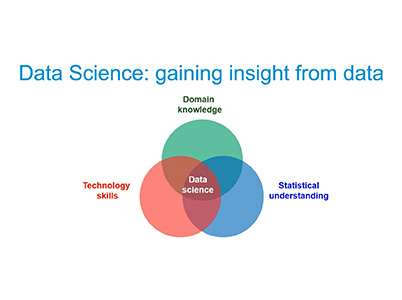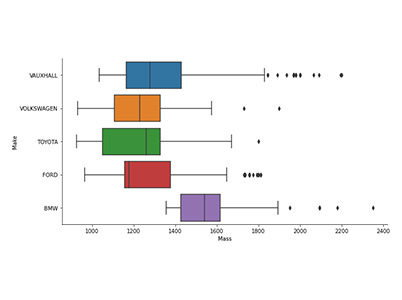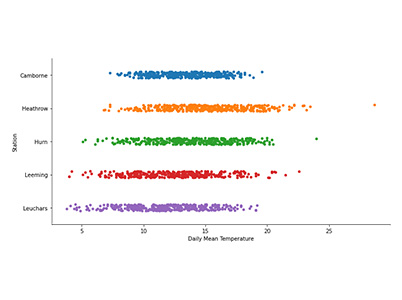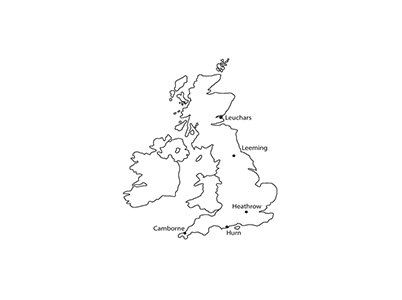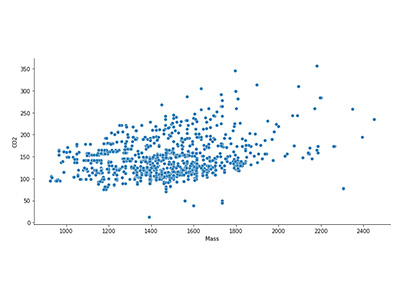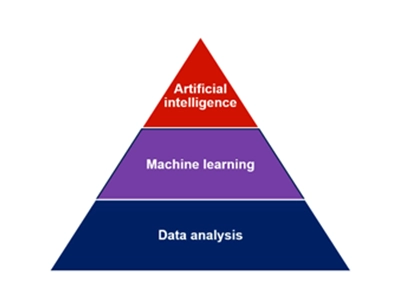COURSE OVERVIEW
This free, self-paced data science course will introduce you to some key ideas in data science.
The course provides you with some valuable insights into the career opportunities in this exciting field. You will be introduced to what data science is, how it works and how it can be applied.
Each lesson will have video tutorials, activities, and further reading to supplement your learning.
The lessons involve coding activities that can be accessed in Python notebooks, a web-based programming environment. No previous coding experience is needed to access the course as all the commands used are given. You will interact with activities by copying, pasting and editing existing code.
6 online study sessions
The course is offered via the MEI website, and all the resources will be accessed via this page. The coding tasks can be accessed via Kaggle, but an alternative version is available on Google Colab.
This course uses the A level Mathematics large data sets for the AQA, Edexcel, MEI and OCR specifications as examples throughout the course, but it doesn’t matter if you haven’t used them before.
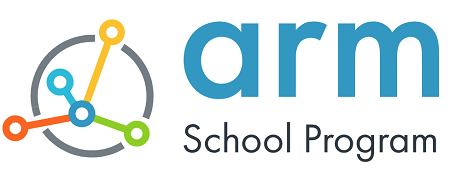
Introduction to Data Science
The Lessons
The lessons involve coding activities that can be accessed in Kaggle, a web-based programming environment.
-
Lesson 1
Introduction to Data Science
In this lesson, you will be introduced to using code to analyse data. You will work with Python in a Kaggle notebook to explore some data about the weather.
Introduction to Data Science – lesson 1 -
Lesson 2
Pre-processing Data
In this lesson, you will learn some pre-processing (or ‘data wrangling’) techniques and how to group and filter data.
Introduction to Data Science – lesson 2 -
Lesson 3
Data Presentation and Visualisation
In this lesson, you will meet some more techniques for pre-processing and cleaning data.
Introduction to Data Science – lesson 3 -
Lesson 4
The Data Science Cycle
In this lesson, you will use all the skills you have developed so far to carry out an analysis on one of four data sets.
Introduction to Data Science – lesson 4 -
Lesson 5
Introduction to Machine Learning
In this lesson, you will build machine learning models that predict the values of a target feature from one or more input features.
Introduction to Data Science – lesson 5 -
Lesson 6
Machine learning, AI and bias
In this lesson, you will reflect on what you have learned in the course with reference to a specific example.
Introduction to Data Science – lesson 6
Frequently asked questions
All of our Data science courses and resources are free to all students and teachers.
If you would like to discuss how MEI can support you in your teaching journey, then please contact us:
Email: datascience@mei.org.uk
Phone Number: +44 (0)1225 776776
